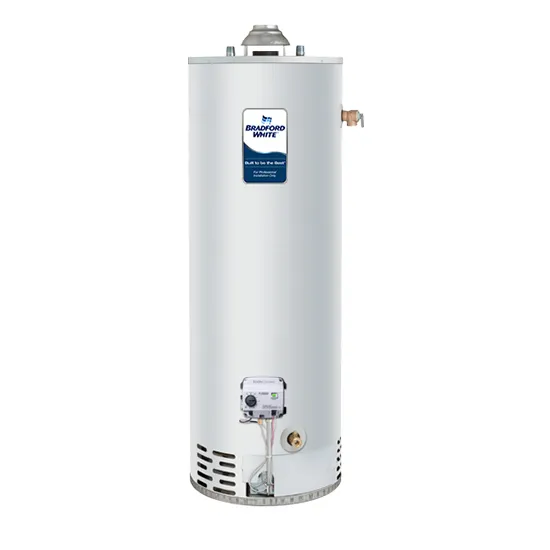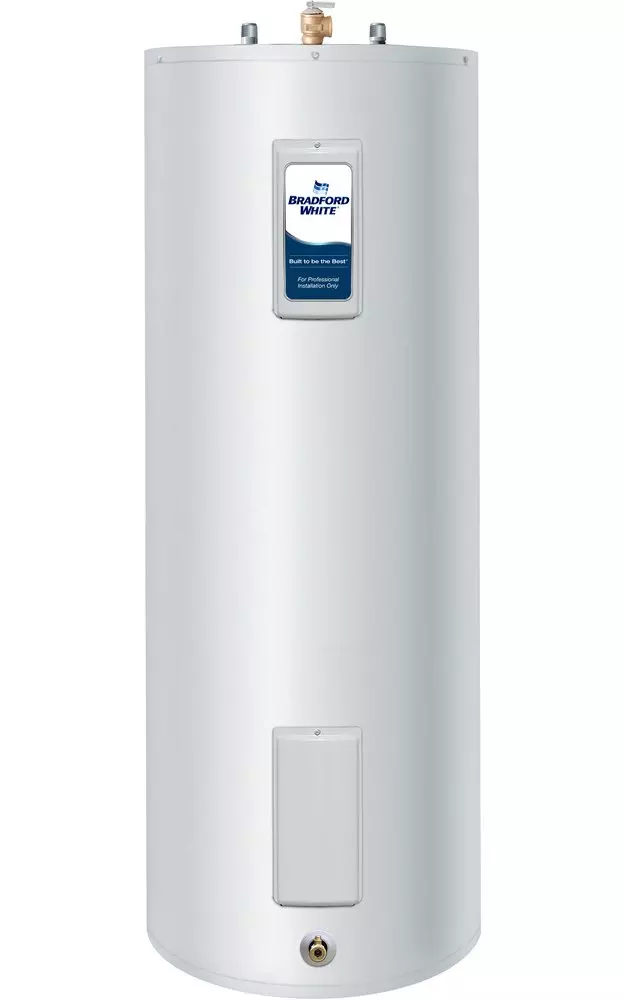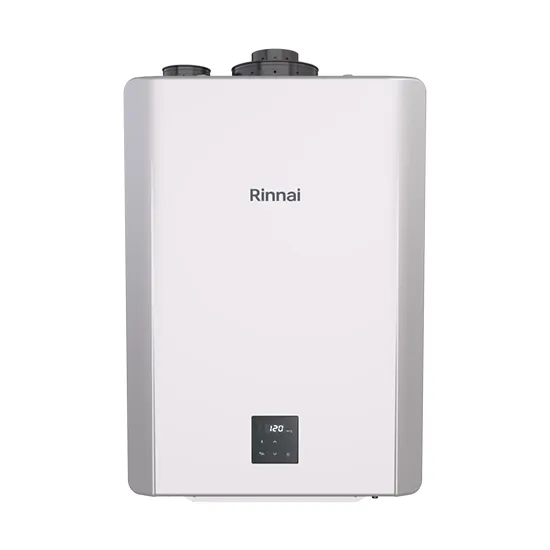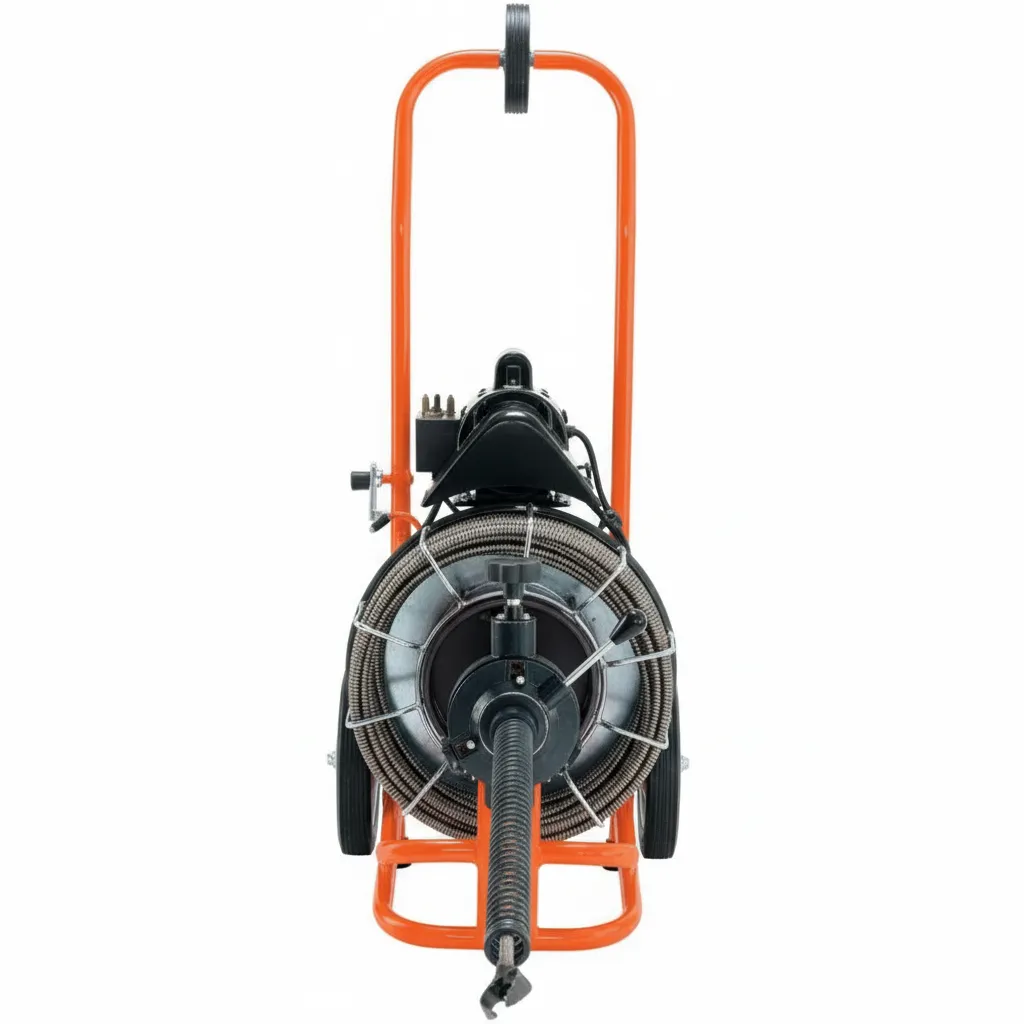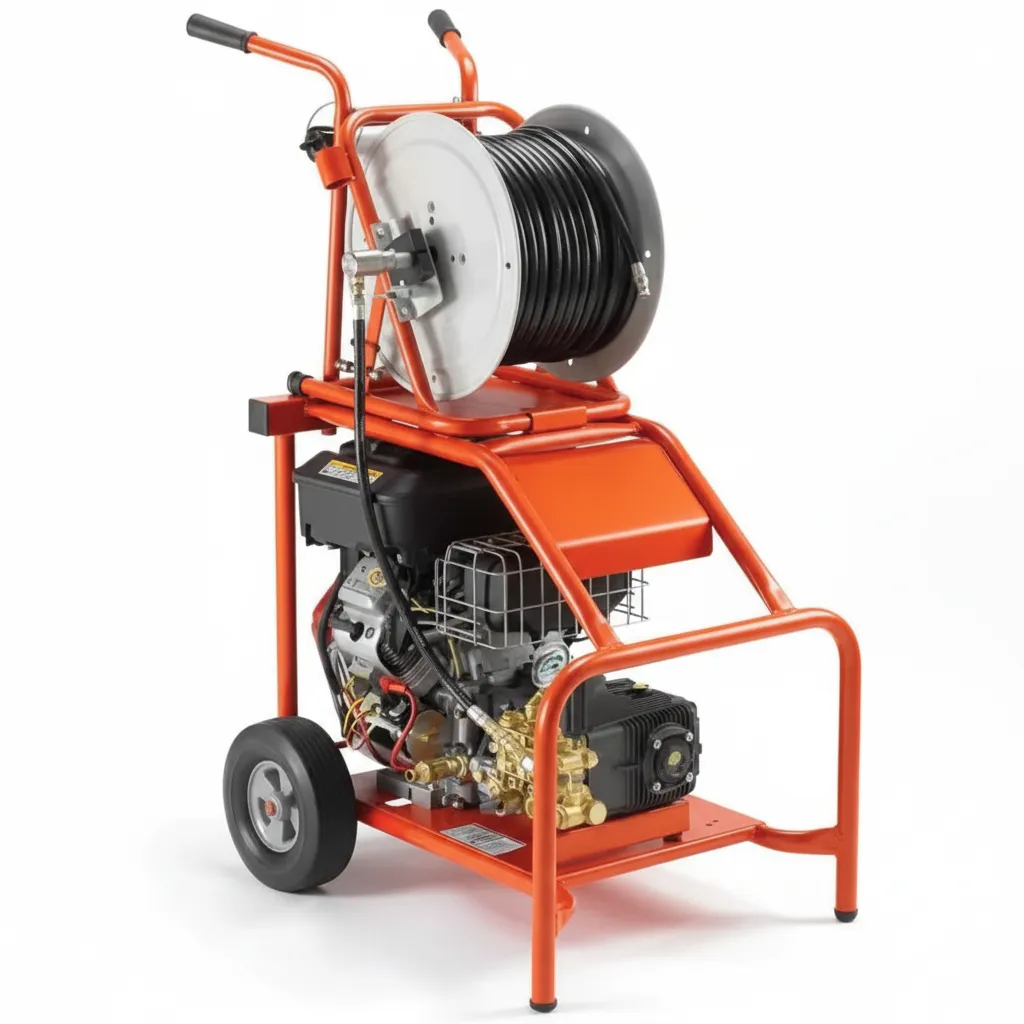The Water Heater & Plumbing ExpertsSame-Day Installation & Repair
Licensed experts. Fast service. Competitive prices. Whether you need a water heater replacement, repairs, or full-service plumbing — our vans are fully stocked and ready to complete your job on the same visit.

24/7 Emergency

Same-Day Service AvailableLIVE
Fully stocked vans ready to go
Water Heater Repair or Replacement
Most people just want to repair or replace their existing water heater with the same type they currently have. In most cases, this makes the most sense and is a cost effective way to restore your hot water. However, we can discuss energy efficient options.
Plumbing Services
From drain cleaning to leak detection, we provide comprehensive plumbing solutions to keep your home running smoothly. Our expert technicians use advanced tools and techniques to solve any plumbing challenge.Comprehensive plumbing solutions from drain cleaning to leak detection. Expert technicians ready to help.
Why Choose Water Heater SOS?

The Inland Empire's most trusted and highest-rated plumbing company that is dedicated to water heaters. We will restore your hot water quickly and with the highest quality standards.
Upfront Pricing
We will give you an accurate price estimate before work is started. This way, there are no surprises afterward.
Best Warranty
Our labor warranty, on average, is twice as long than most of our competitors.
5-Star Service
We have hundreds of 5-star reviews on Google, Yelp, and Facebook. You can rest assured that our commitment to service is our top priority, and it shows.
Experienced Technicians
Our team comprises highly trained and professional technicians who deliver exceptional plumbing services.

Reviews from Homeowners

Jean S.
Highland, CA
The technician Jason Simpson did an excellent job. He performed very good service taking the time to find the problem above and beyond what was expected . The system is now working perfectly. I highly recommend him and the company.

Mario S.
Moreno Valley, CA
Jason was on time, very professional and very informative; he explained everything he was doing and ensured my questions were answered. I will definitely be doing more business with this company!

Lisa B.
Beaumont, CA
I woke up to no hot water one morning and discovered my water heater was leaking all over the place. I put a request in online and got several quotes theirs was considerably lower. When I called to schedule an appointment they fit me in the same day.

Mark B.
Jurupa Valley, CA
My old water heater was leaking and needed to be replaced. Josh was there the same day and was courteous, came by on time, and was really skilled at what he did. Anyway, awesome job and pricing was on point so I'm happy! If you like timely service and done right these are the guys to ring.

Linda C.
Yucaipa, CA
I needed to get my tankless water heater fixed because it was showing an error code. Josh came out and was very professional. He did a full inspection and was able to fix my unit by replacing a part that was under warranty. I would recommend them to anyone that needs their vent cleaned.
Trusted Brands










